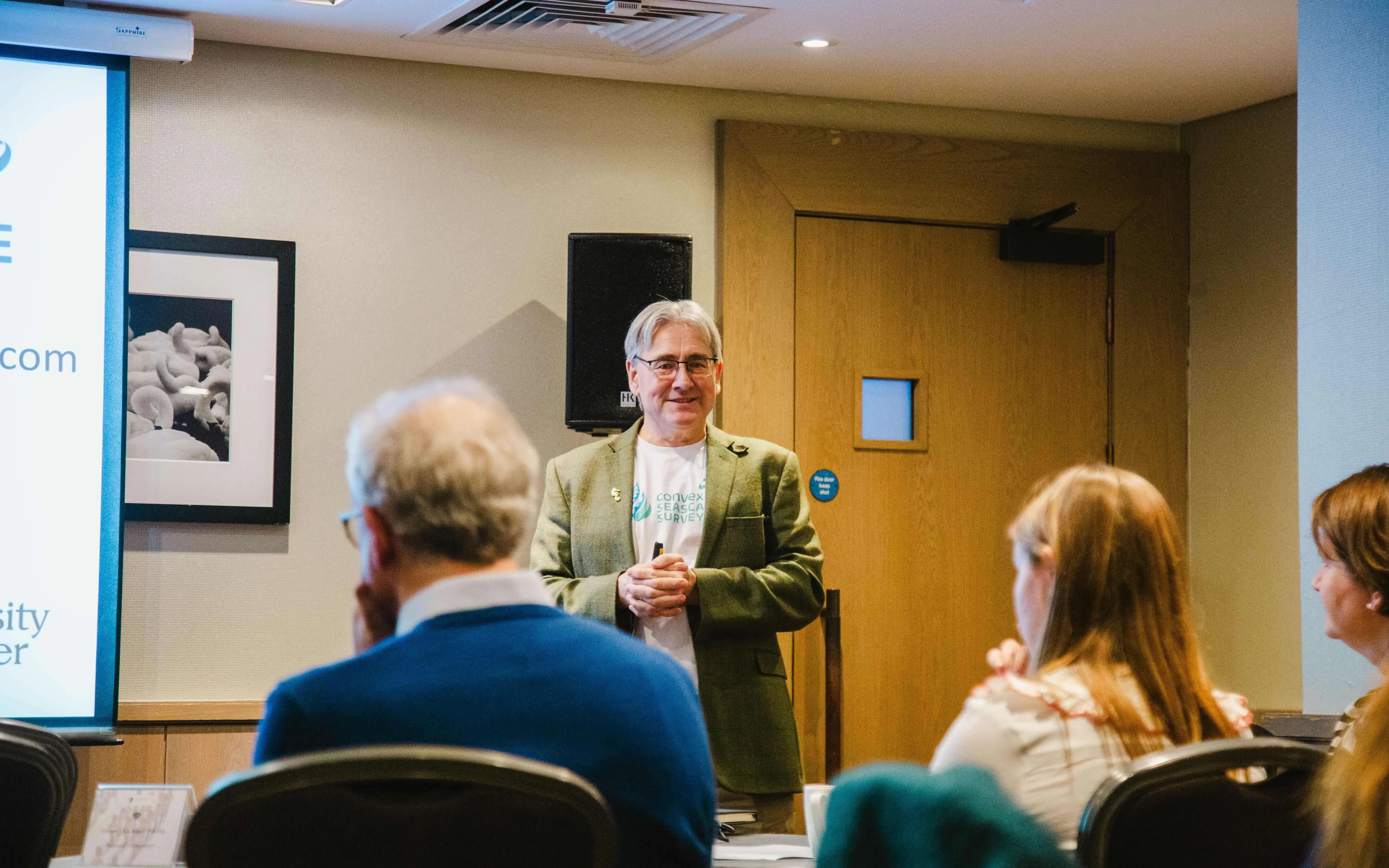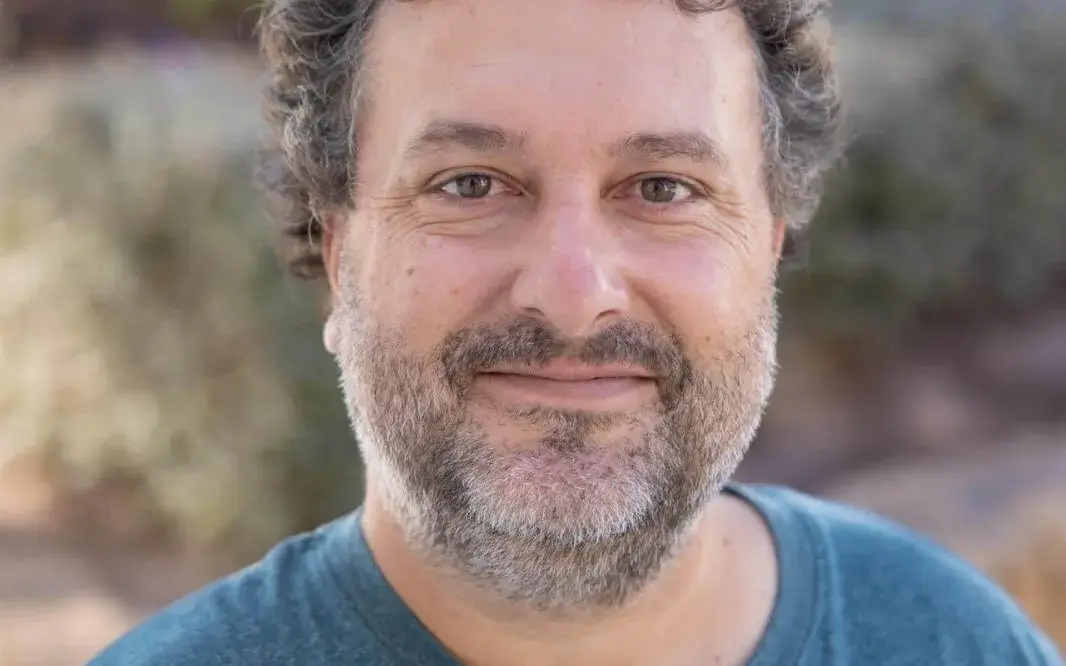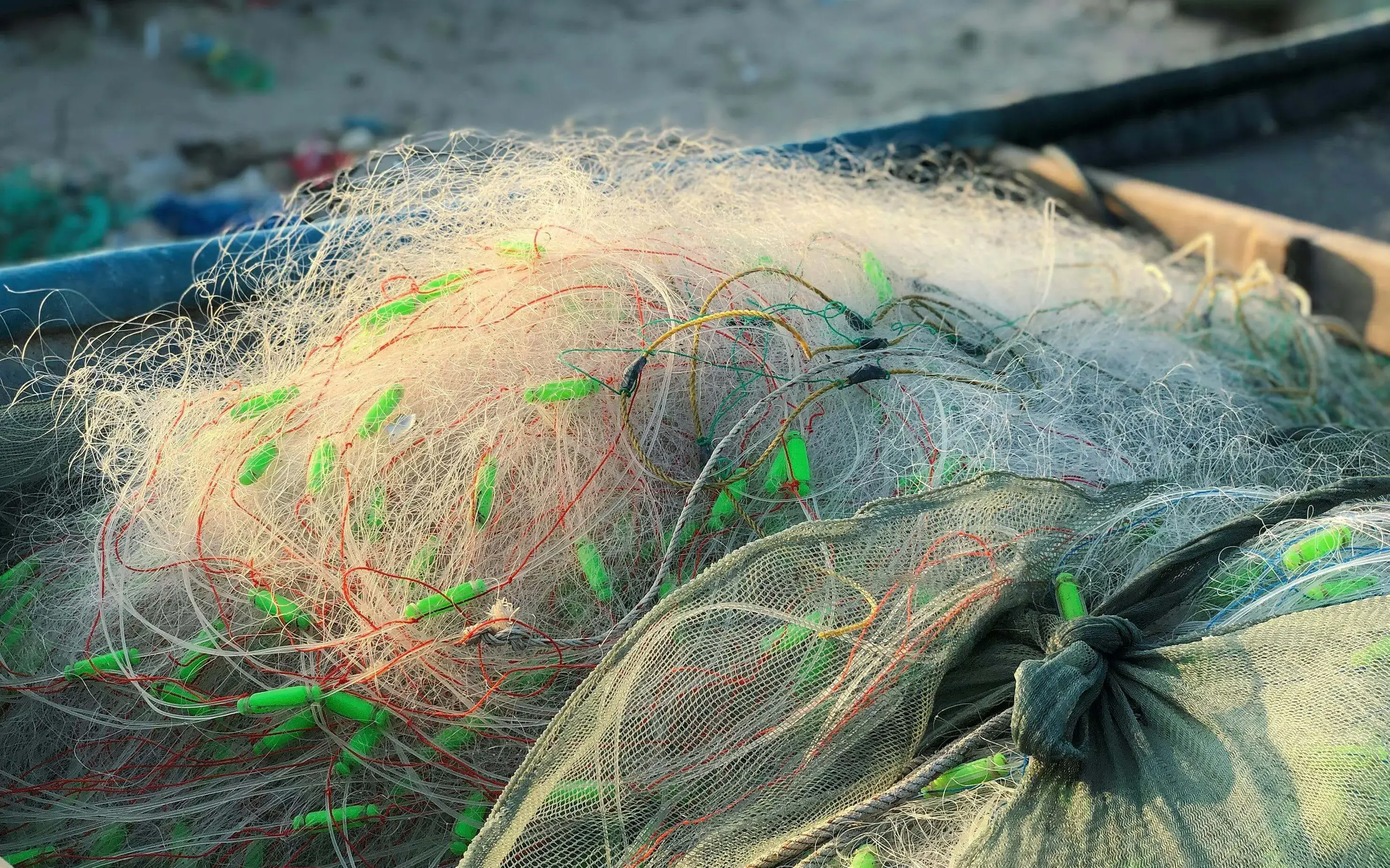Marta Cavallé is an expert in marine biology and coordinates the artisan fishermen's organizations in the Mediterranean on the European Platform, 'Life Platform, low impact fisherers of Europe'.
Tell us what LIFE is and what does it do?
The primary objective of LIFE is to provide a clear and coherent voice in the European sphere for the silent majority of small-scale European fishermen who use low-impact fishing methods and arts, but which historically have had a lack of effective representation in Brussels and even at Member State level.
How it works?
Our mission is to bring the artisan fishermen from the periphery to the center of the decisions. They have not had a voice in Europe and we believe that, regaining this voice, they can impact and be actors of change in their environment.
Why this type of fisherman?
At European level, fishing is done on a large scale. Normally with long-range vessels that use techniques of greater impact for the marine environment, such as dragging. We work with the smallest fishing, we call family busines, where the captain is on board the ship.
This type of fishing uses a variety of more selective capture that goes according to the year and the environmental impact is less. We believe that these voices have a lot to say in Europe and we must work for them to make a change.
What do you want to change?
The seas are overexploited. There is a lot of overfishing worldwide. 90% of the calves in the Mediterranean are overexploited. The fishing management model is made from top to bottom. We believe that if the fishermen are involved in the decisions, they will become more effective and the fishermen will be more responsible. That is why there must be a more participatory regulation.
What environmental impact does fishing on the seabed?
The state of the oceans is worrying. Overfishing has an impact, logically. But that is only one factor. There is not only this direct activity in the sea but there is also pollution, chemistry, plastics ... All of this is incorporated into the food chain. The health of the oceans and the fauna and flora that inhabits them is in a worrying situation. And this, as a consequence, puts public health at risk.
How?
The food chain goes to us and we still need a good route to reach collective solutions. An important step also goes to us, as consumers.
What are we doing?
There are social initiatives to promote less consumption of plastics and fishermen also become ambassadors of these initiatives. There is a large organization 'Zero Waste' that promotes all kinds of sustainable initiatives. But, of course, these initiatives are always based on NGOs. It is necessary to transfer them in the political sphere because there is a real and effective change.
You commented above that the state of our seas is worrying ... To what extent?
There are three determining factors: overfishing, pollution and climate change that are transforming the dynamics and behavior of the seabed. All this has consequences in microorganisms, water currents ... There is much talk of sea level, but this is not the real problem. The sea currents are changing, the temporalities of the species are changing ... In addition, there are new species that become invading with all the consequences that this entails. In general, the marine ecosystem is changing and we have to adapt to it.
Which of these three factors is most worrying?
We are more specialized in the field of overfishing but we always remember that the problem is not only overfishing but also pollution (junk, plastics ...). That is why we are launching a campaign -which is still very embryonic- so that our member fishermen are sentinels from the sea and collect junk. With this we want to have floating laboratories or observatories to collect data on pollution and detect the level of the state of our seas. With this campaign, we want fishermen to play an active role in preserving the environment.






Add new comment